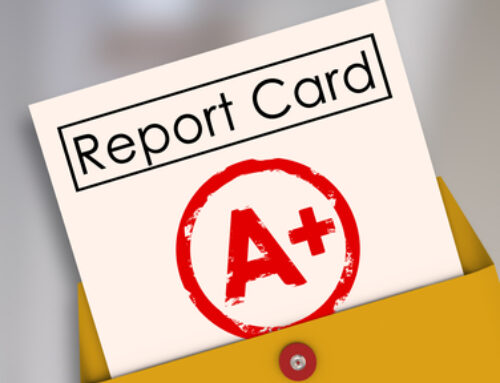 On June 14, the University of Chicago made headlines by announcing its decision to become test-optional. As explained in this blog post, a college that is test-optional does not require its applicants to submit ACT or SAT scores. According to The National Center for Fair and Open Testing, there are now over 1,000 four-year colleges that are test-optional or test-flexible, meaning applicants can submit scores from a wider variety of tests, such as AP exams, IB exams, and SAT Subject Tests. (For the full list of test-optional and test-flexible colleges, click here.)
On June 14, the University of Chicago made headlines by announcing its decision to become test-optional. As explained in this blog post, a college that is test-optional does not require its applicants to submit ACT or SAT scores. According to The National Center for Fair and Open Testing, there are now over 1,000 four-year colleges that are test-optional or test-flexible, meaning applicants can submit scores from a wider variety of tests, such as AP exams, IB exams, and SAT Subject Tests. (For the full list of test-optional and test-flexible colleges, click here.)
The University of Chicago’s website states, “Some applicants may feel that an SAT or ACT score does not fully reflect their academic preparedness or potential. If this is the case for you and you are a domestic first-year applicant, you may select UChicago’s test-optional method of application and not supply SAT or ACT scores with your application.”
With a 2018 acceptance rate of 7.2 percent, UChicago is now the most selective college to become test-optional. It is also the only test-optional university ranked in the top ten by U.S. News and World Report. Thus, UChicago’s decision has fueled speculation about whether other schools of its caliber will follow suit.
There is a great deal of debate about the value of standardized tests in the college admissions process. Studies have shown that a student’s high school transcript is a better indicator of success in college, yet other research demonstrates that test scores accurately predict academic achievement in college. Supporters of the tests say that in an era of increasing high school grade-inflation, test scores can help colleges evaluate and compare students from different schools.
Many who are against the use of the ACT and SAT point to evidence that the tests are biased against minorities and low-income students. (Indeed, there is a correlation between parental income and test scores.) Colleges often cite increasing access for such students as a reason for becoming test-optional.
Critics of the test-optional movement claim that the real reason colleges drop testing requirements is to improve their status. They argue that if a college is test-optional, only the students with the highest scores will submit them, thus increasing the college’s average test scores (a factor in college rankings). Additionally, becoming test-optional could lead to an increase in applications, which would result in a lower acceptance rate — another factor that can improve a college’s ranking.
Whether or not The University of Chicago’s peer institutions follow its lead in becoming test-optional, it seems unlikely that the use of standardized tests in college admissions — and the debate over their merits — is not going away anytime soon.





